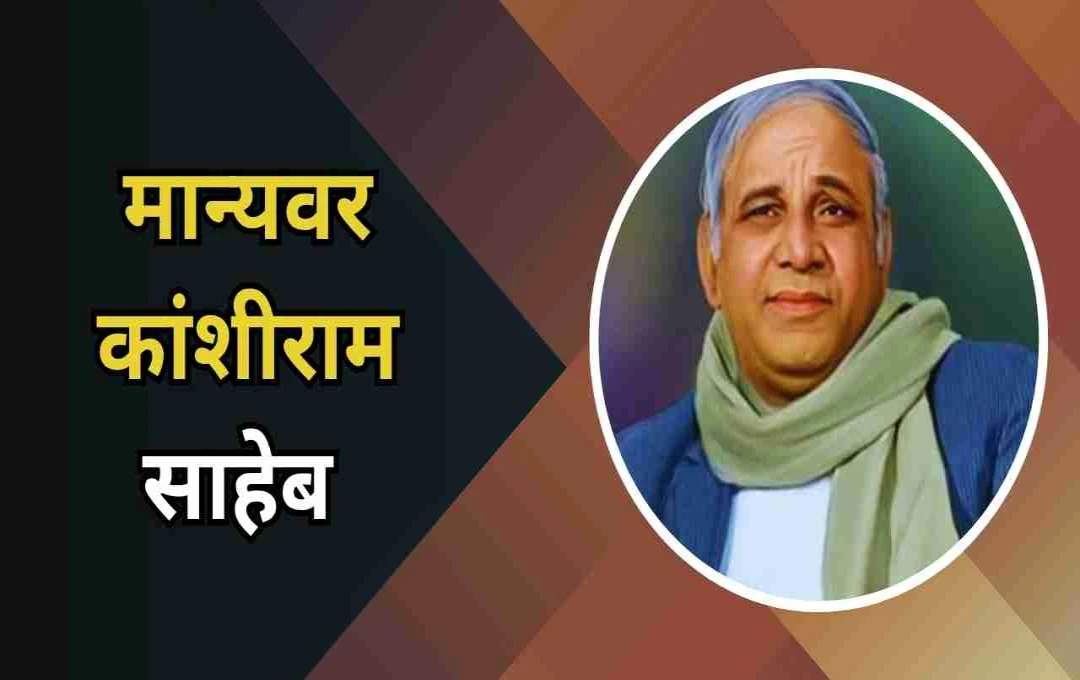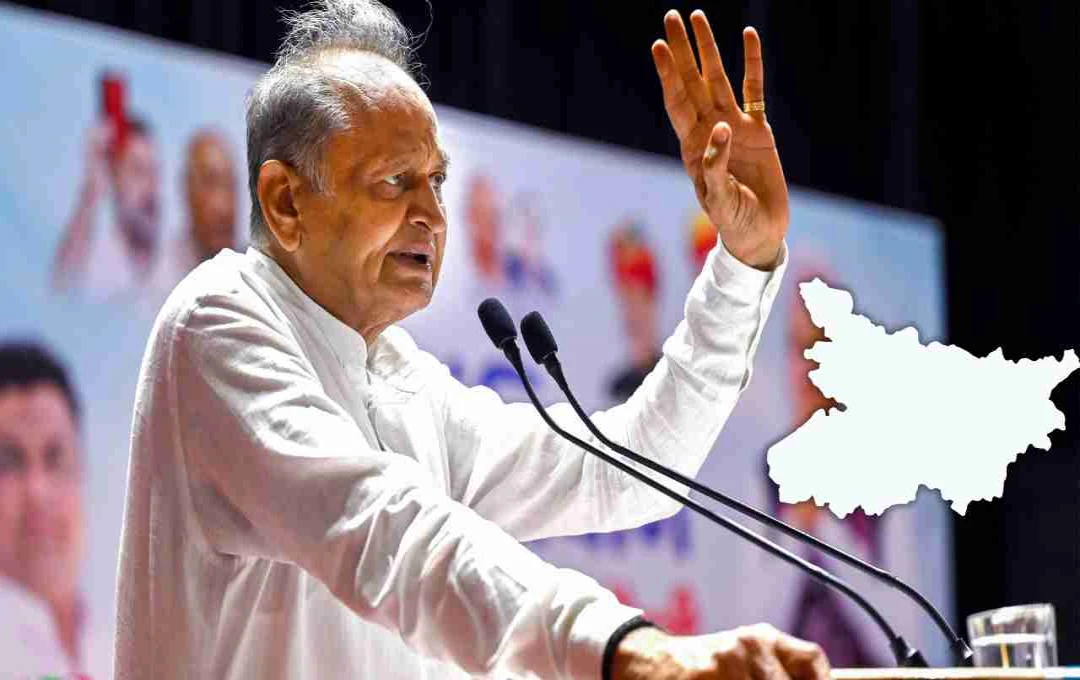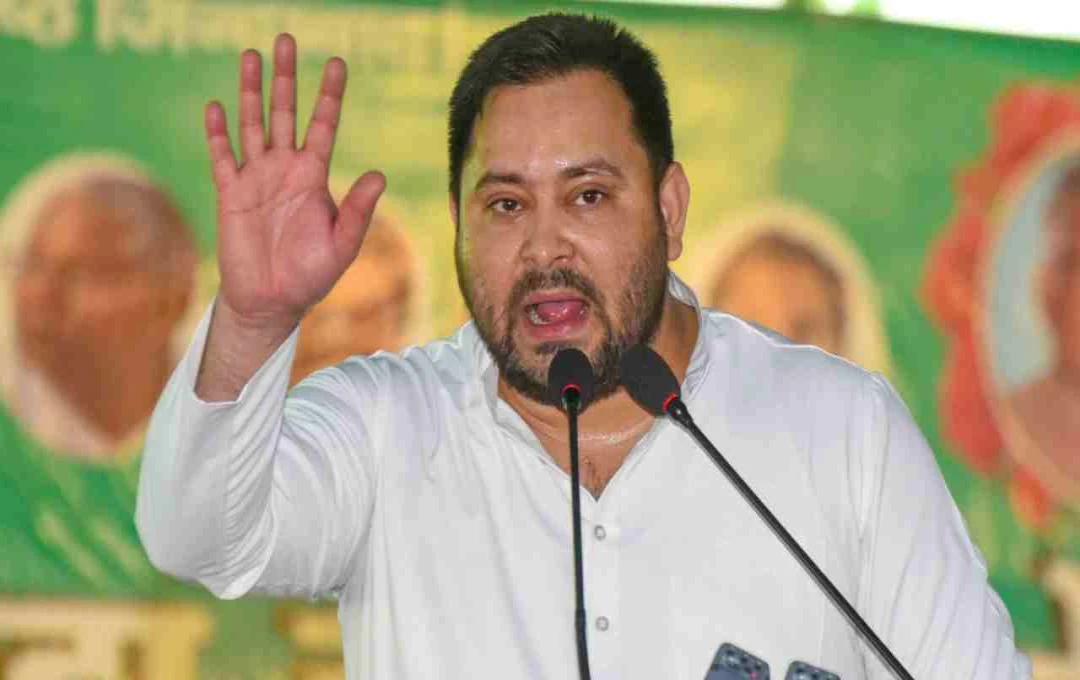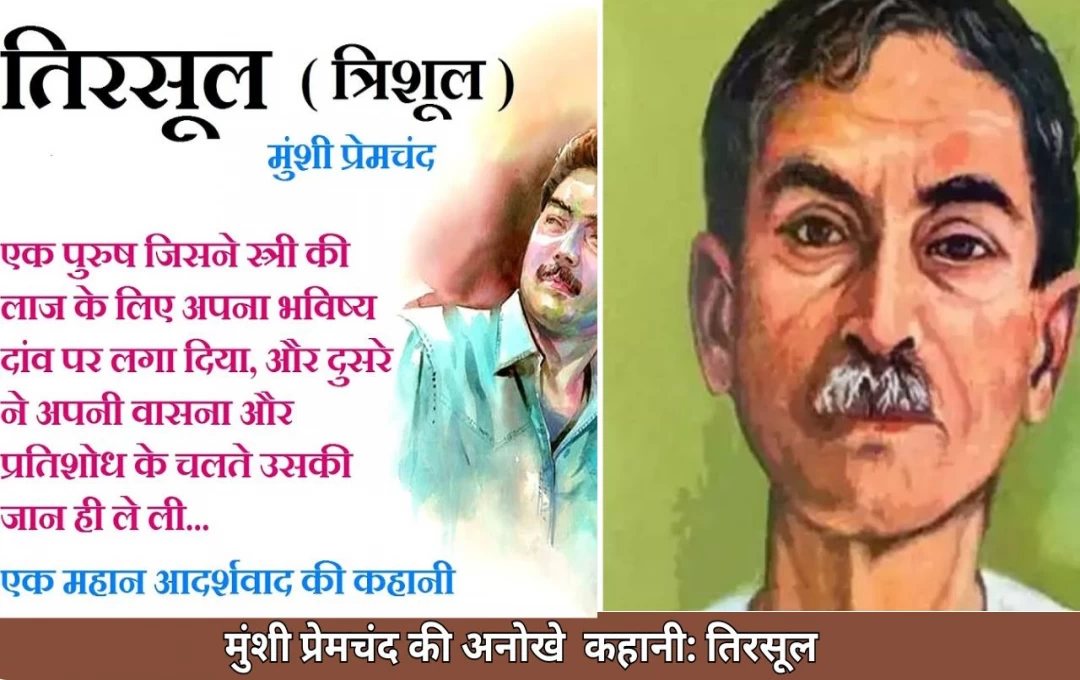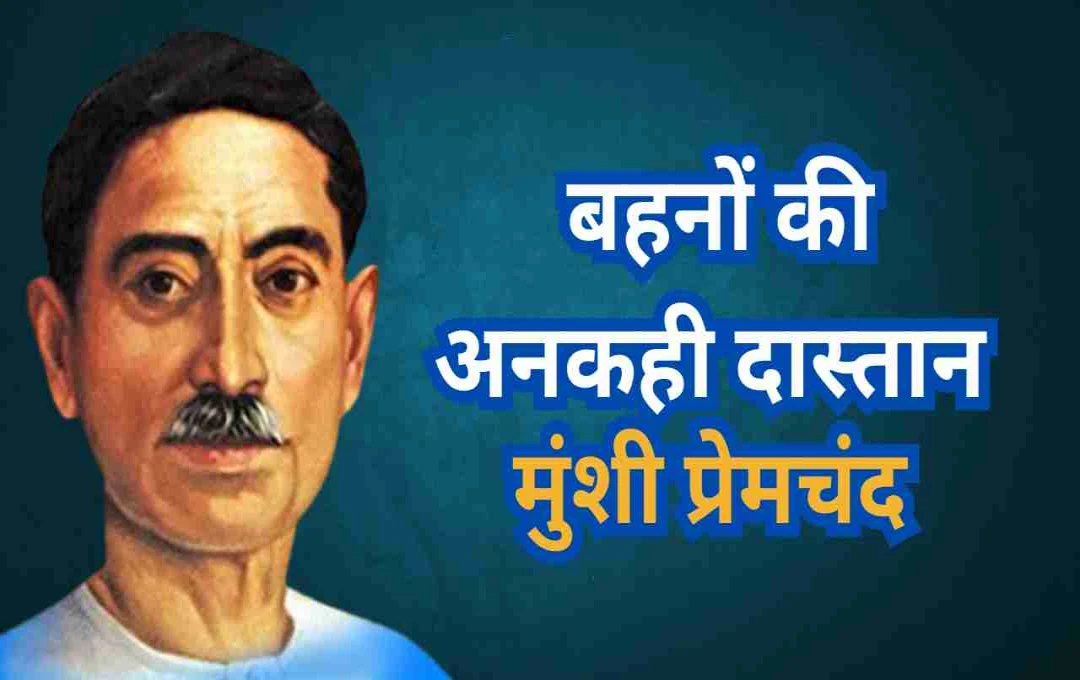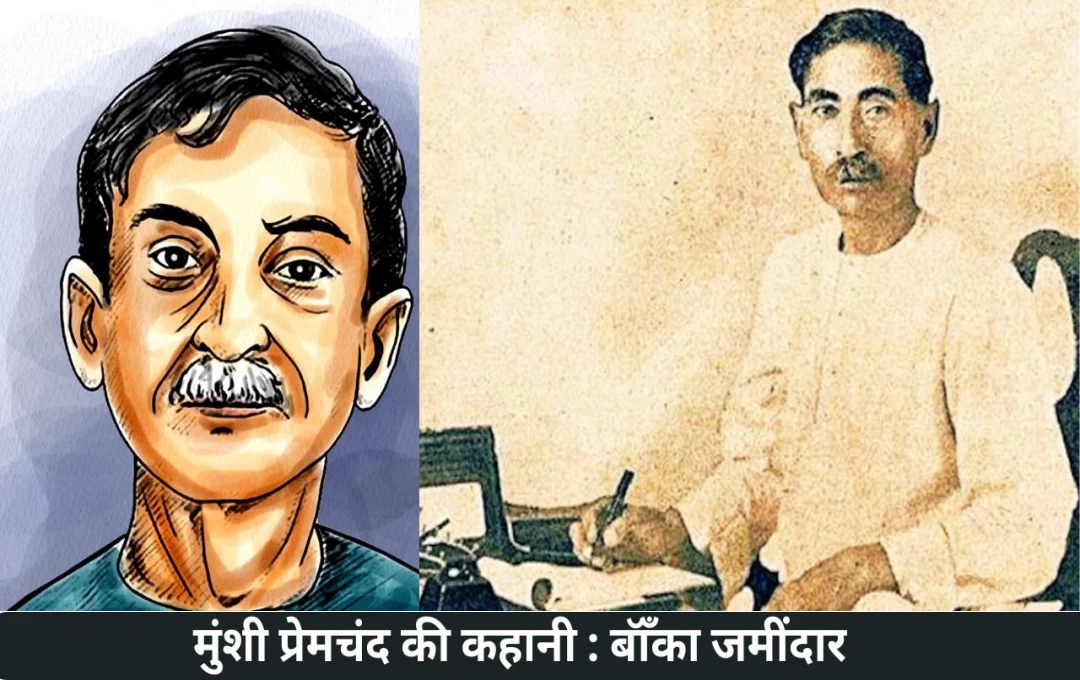Kanshiram stands as a towering figure in the history of Indian politics and social consciousness. He not only fought for the rights of Dalits, backward castes, and the oppressed but also instilled self-respect and self-confidence within them. After Dr. Bhimrao Ambedkar, if anyone firmly established the Bahujan Samaj on the political stage, it was Kanshiram. His life was not merely that of a politician but a symbol of an ideology that relentlessly pursued the dream of uplifting the Dalit community from the margins to the mainstream of India.
Early Life and First Encounter with Caste Discrimination
Born on March 15, 1934, in Hoshiarpur district, Punjab, Kanshiram hailed from a humble Dalit family. He pursued science, secured a government job, and worked at the Explosives Research and Development Laboratory (DRDO) in Pune. However, it was there that he experienced caste discrimination, an event that profoundly altered the course of his life. Witnessing the humiliation of those celebrating Dr. Ambedkar's birthday in his office ignited a spark of awareness within him.
Direction from 'The Annihilation of Caste'
Reading Dr. Bhimrao Ambedkar's renowned book, 'The Annihilation of Caste,' completely transformed Kanshiram's perspective. The book illuminated the roots of caste discrimination and showed him a path towards its eradication. He realized that to truly change society, he needed to move beyond his government job and engage in social activism. With this conviction, he resigned from his government position and dedicated himself entirely to the rights and dignity of the Dalit community. This marked the true beginning of his struggle, which later evolved into a social revolution.
Establishment of BAMCEF: The Beginning of Organized Awareness
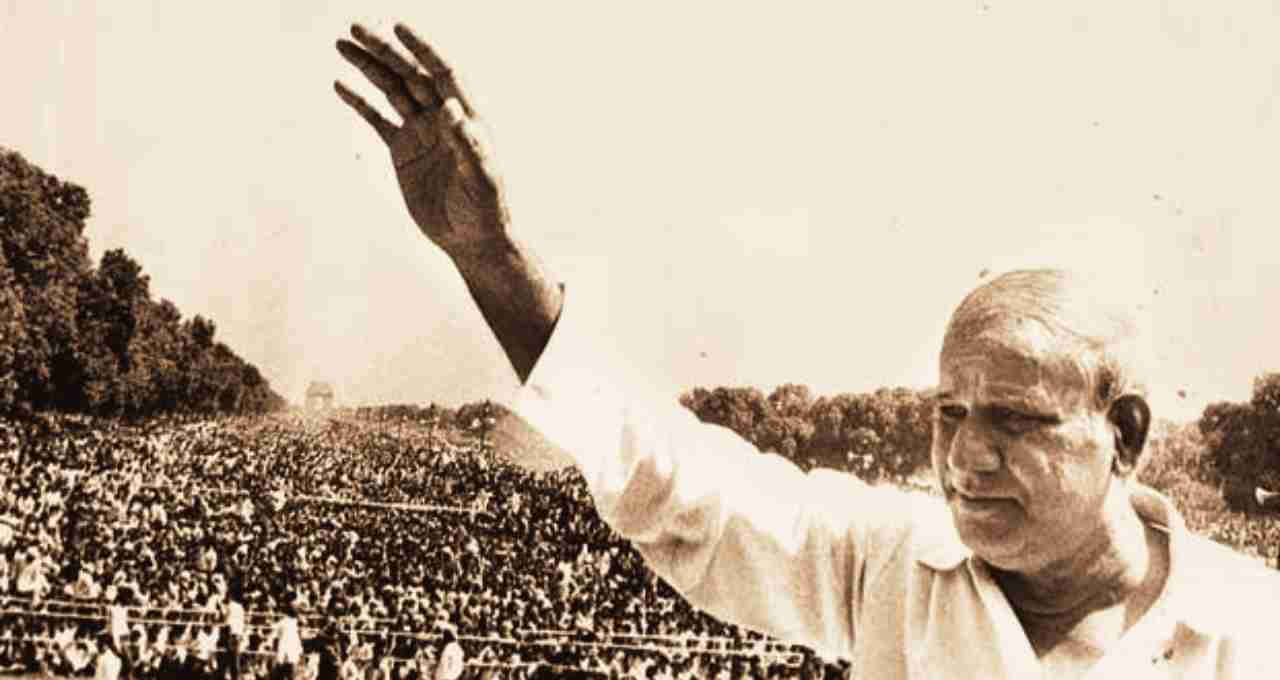
In 1971, he founded the All India SC, ST, OBC and Minority Employees Federation, later known as BAMCEF (Backward and Minority Communities Employees Federation). This was not a political organization but an ideological movement aimed at connecting the educated sections of society with Ambedkarite ideology. This organization awakened a segment of society that, while employed in government jobs, remained detached from its own community.
From DS4 to BSP: The Political Empowerment of the Bahujan Samaj
In 1978, he established DS4 (Dalit Shoshit Samaj Sangharsh Samiti) and in 1984, laid the foundation of the Bahujan Samaj Party (BSP). He openly declared, "We will fight the first election to lose, the second to establish our identity, and the third to win." This self-belief propelled Dalit politics to new heights.
The BSP's politics wasn't solely about power; it was a social revolution. In his writing, 'The Chamcha Age,' he sharply criticized Dalit leaders who collaborated with parties like Congress and BJP. He labeled them "chamchas" (stooges) and urged Dalits to build their own political strength, free from servitude.
Parliamentary Journey and Appointing Mayawati as Successor
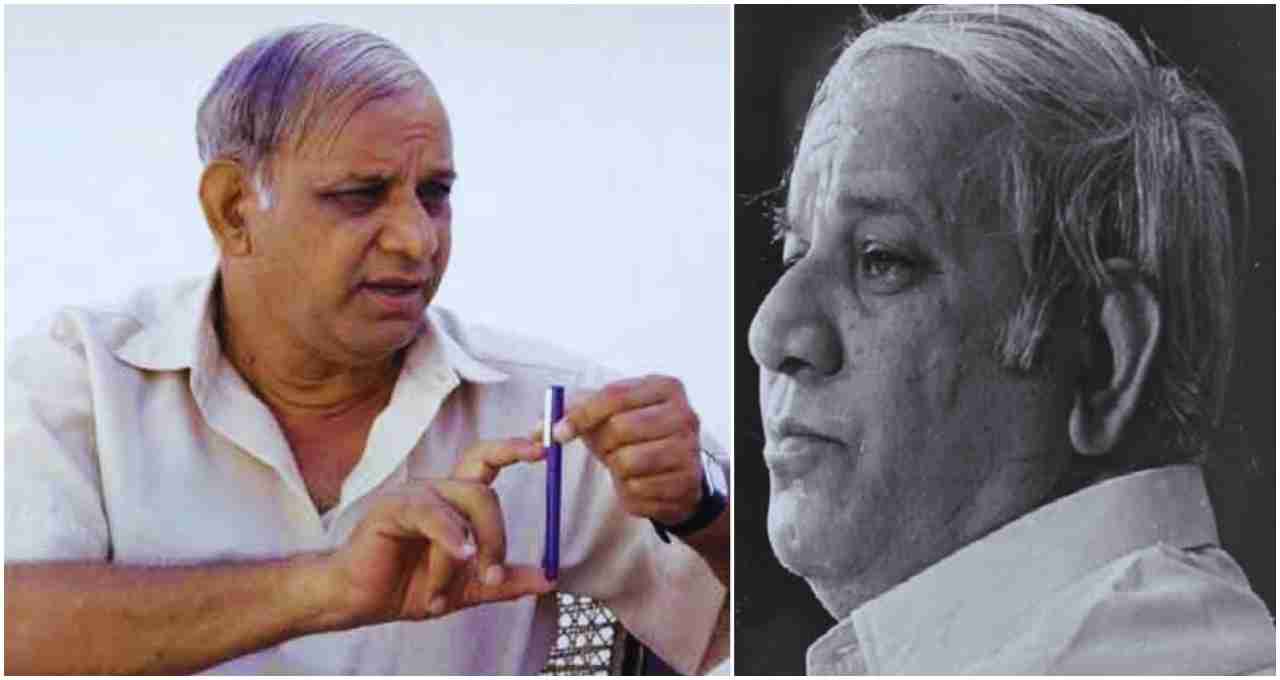
In 1984, he contested the Lok Sabha elections from Janjgir-Champa. Although he didn't win, the BSP began to establish its roots in Uttar Pradesh. He secured victory from Etawah in 1991 and entered the Lok Sabha. He was re-elected to the Lok Sabha from Hoshiarpur in 1996.
In 2001, he publicly declared Mayawati as his successor. This decision was carefully considered, recognizing the need for continuity in the Bahujan movement and clear leadership.
The Intention of Religious Conversion and an Unfinished Dream
In 2002, he announced his intention to convert to Buddhism on October 14, 2006, the 50th anniversary of Dr. Ambedkar's conversion, along with 5 crore supporters. Sadly, he passed away on October 9, 2006, leaving this historical moment incomplete.
Mayawati later clarified that the dream of religious conversion was linked to attaining power – "We will convert when we have power, so that a revolutionary change can be brought about."
Kanshiram's Literary Contributions
He authored revolutionary books like 'The Chamcha Age' and 'Birth of BAMCEF'. His speeches and thoughts have been compiled by various authors, including notable works like 'Bahujan Nayak Kanshiram ke Avismarniya Bhashan' and 'Kanshiram: Daliton ke Neta'.
Kanshiram's life is not merely the story of one man; it's the epic of the hopes and struggles of millions. He not only filled the void in the Bahujan movement after Dr. Ambedkar but also infused it with new energy. The fact that the Bahujan Samaj in India today can freely voice its concerns is a testament to Kanshiram's invaluable contribution.
